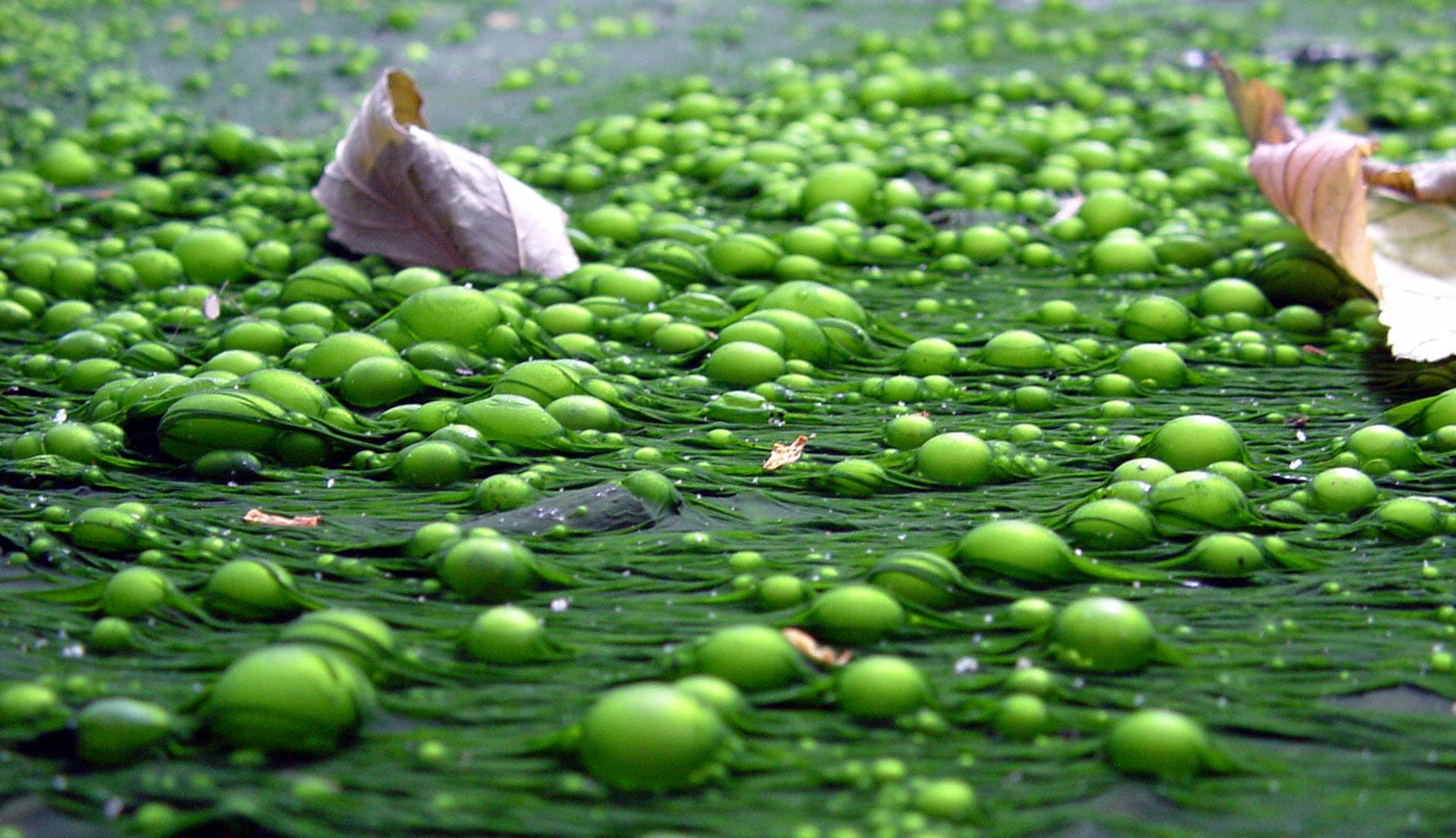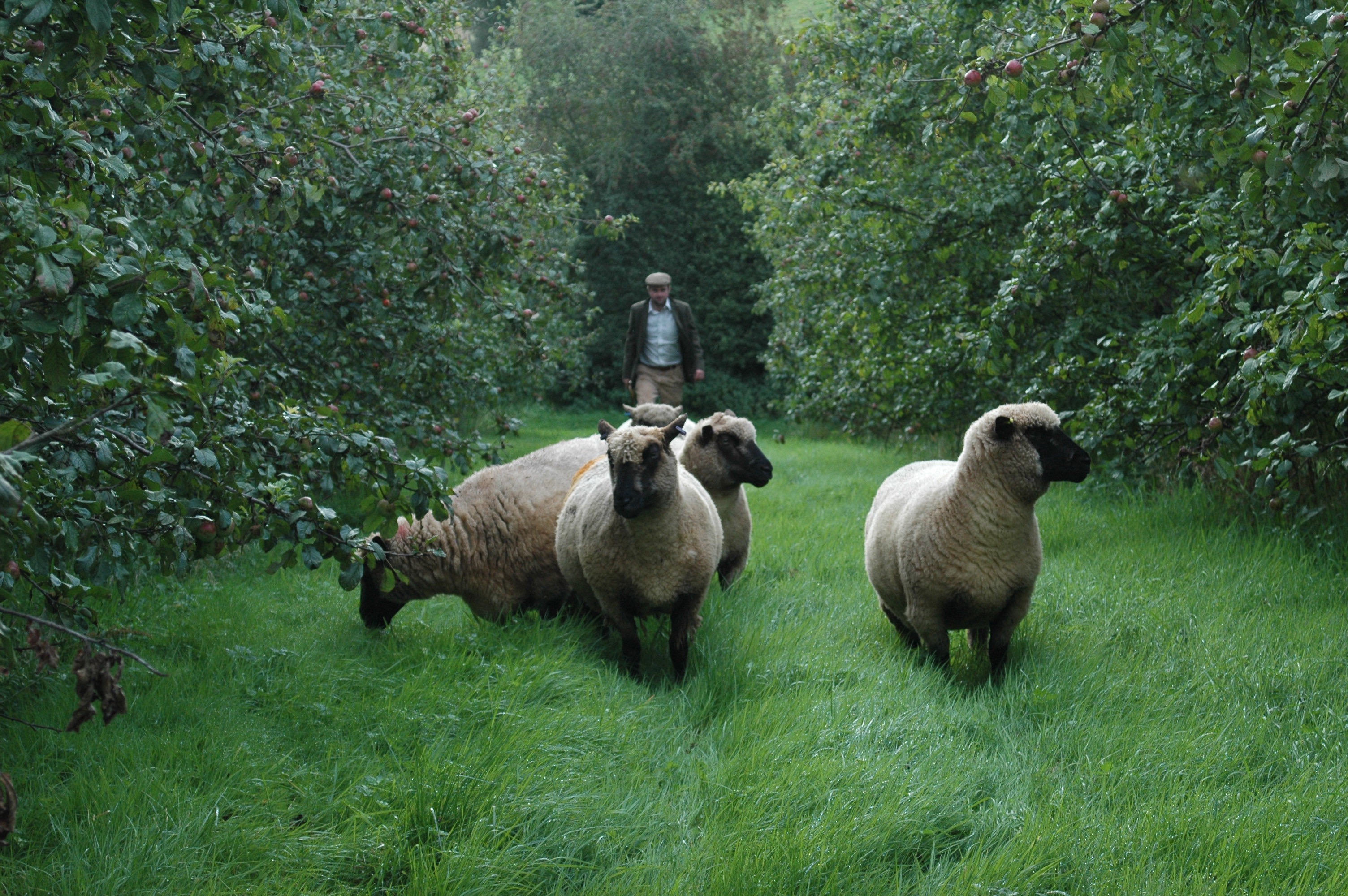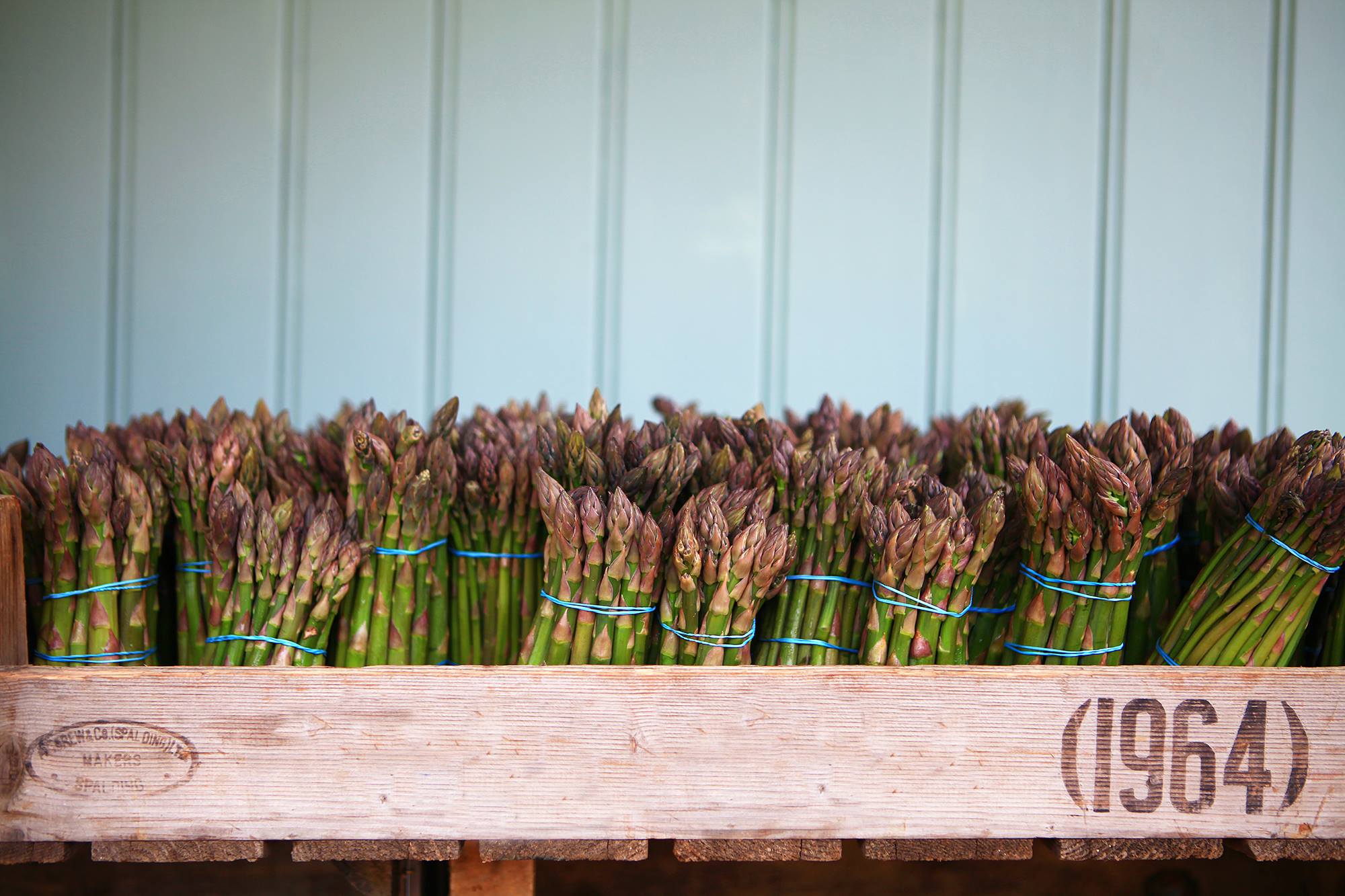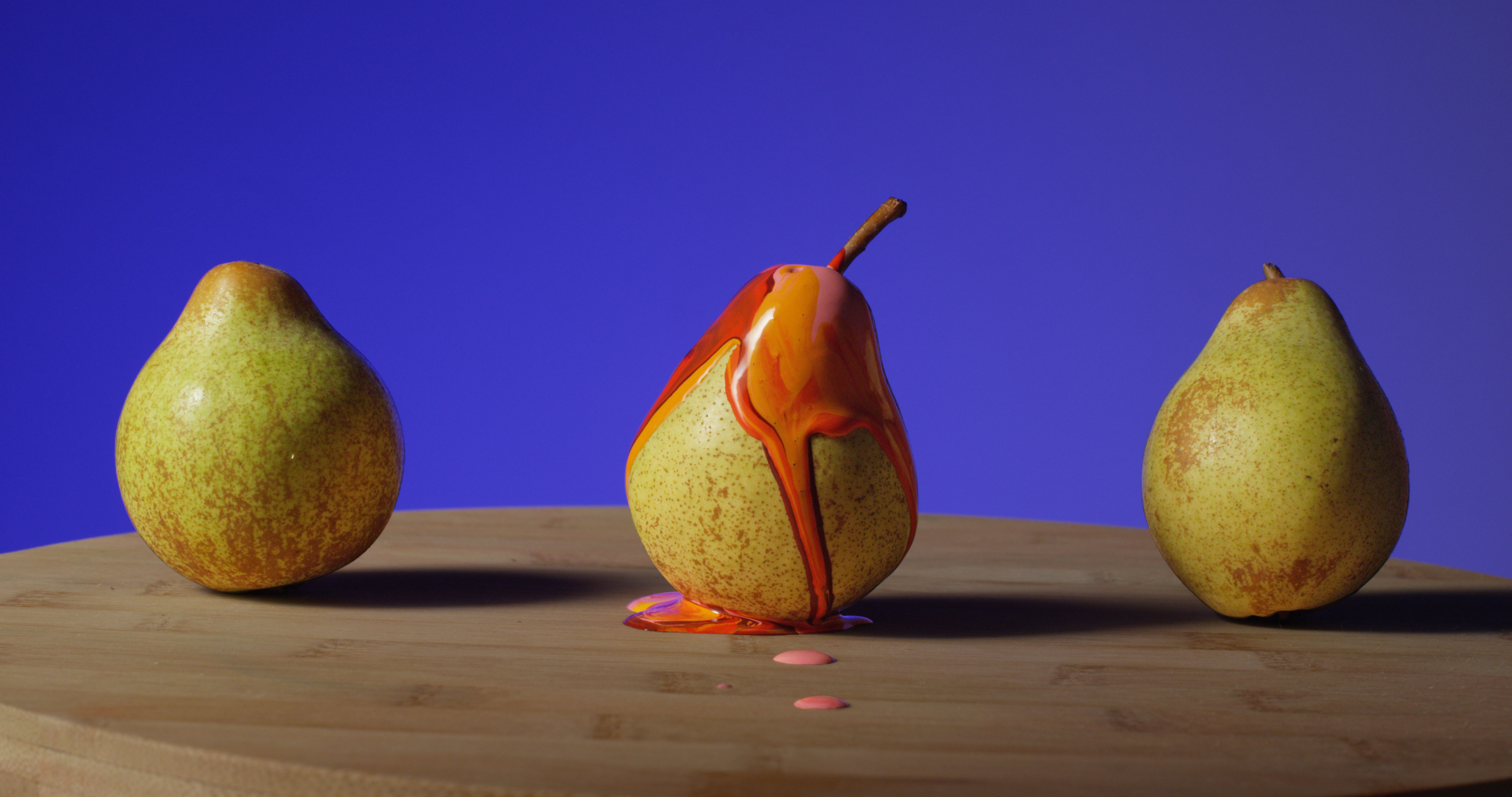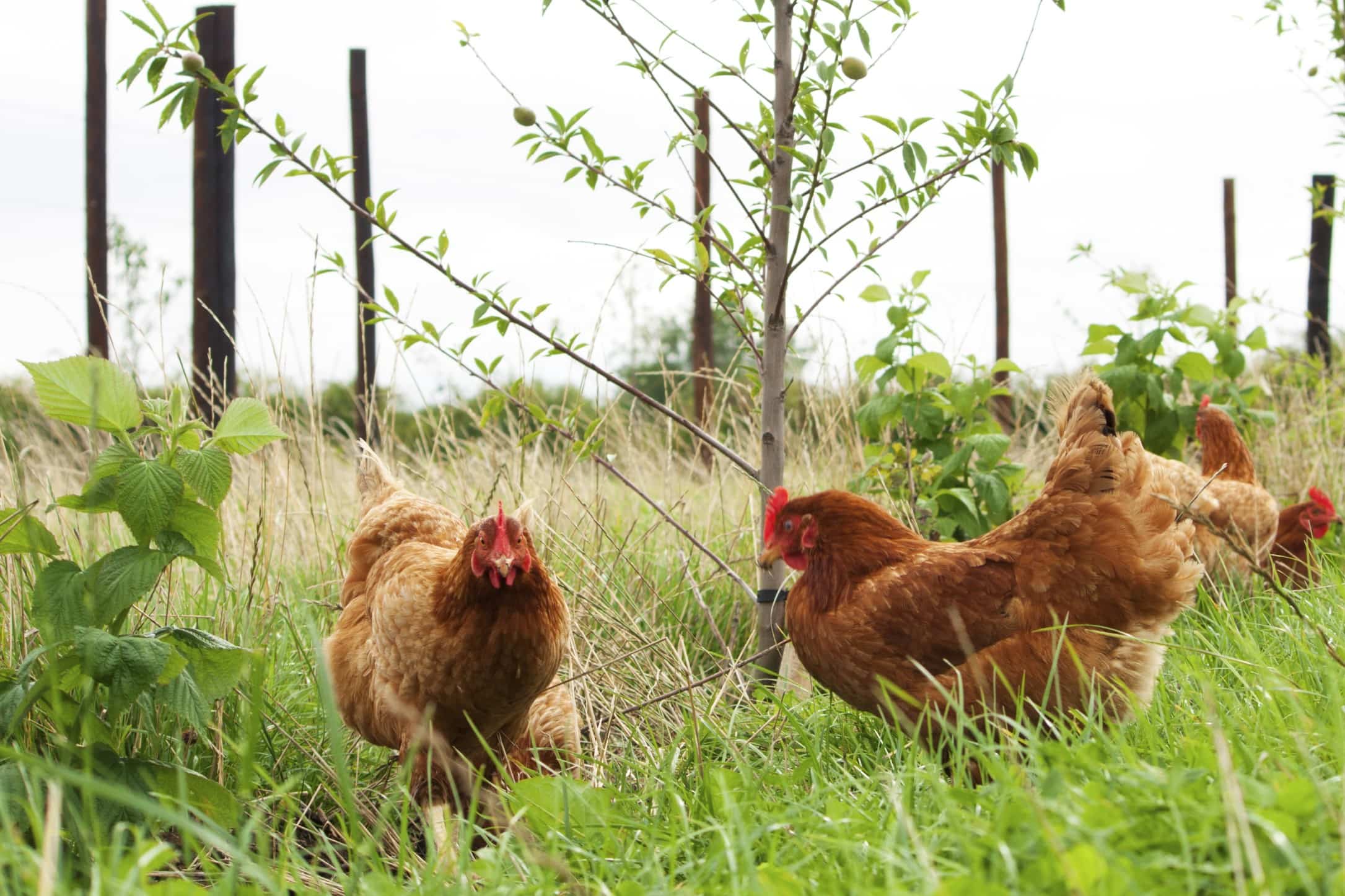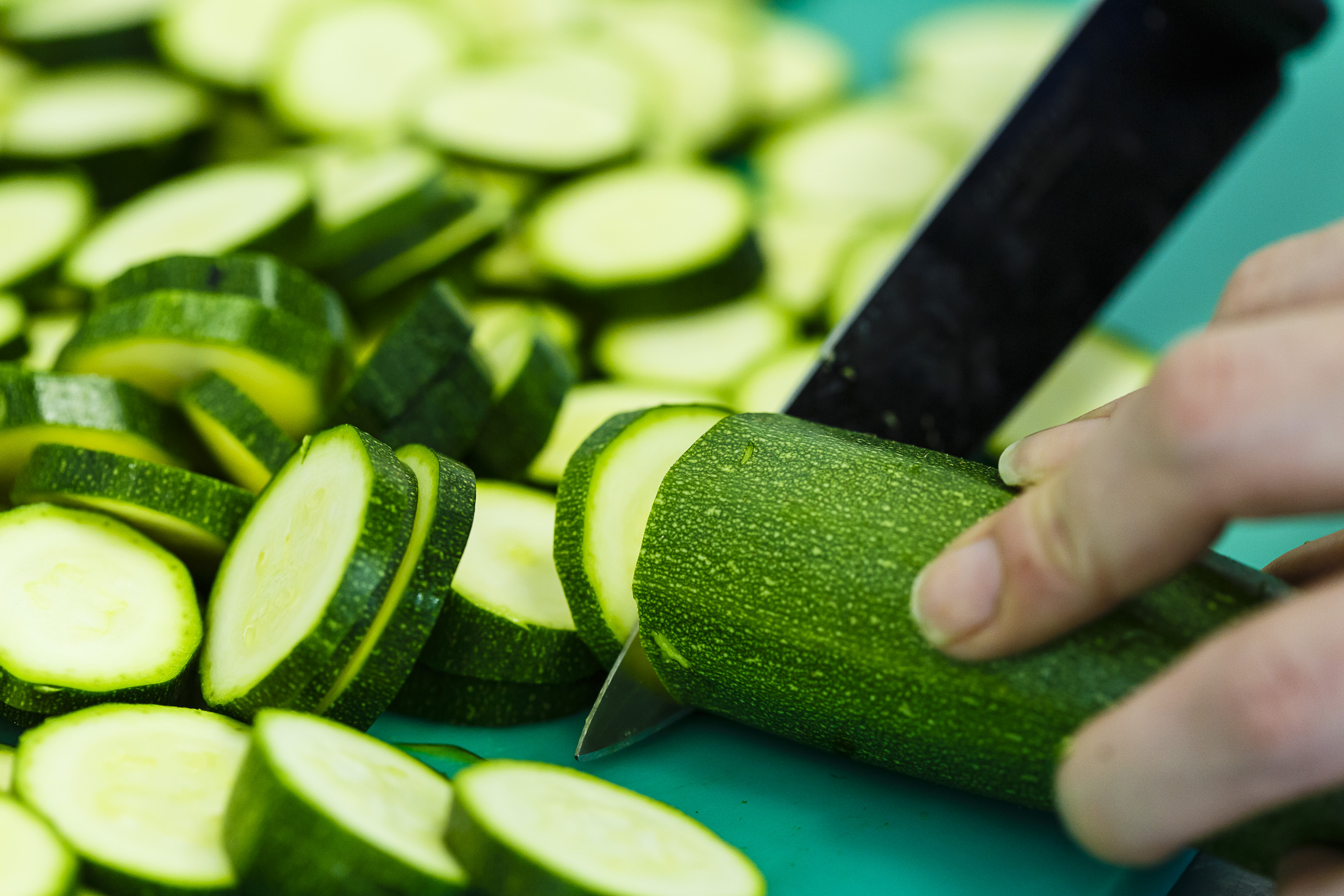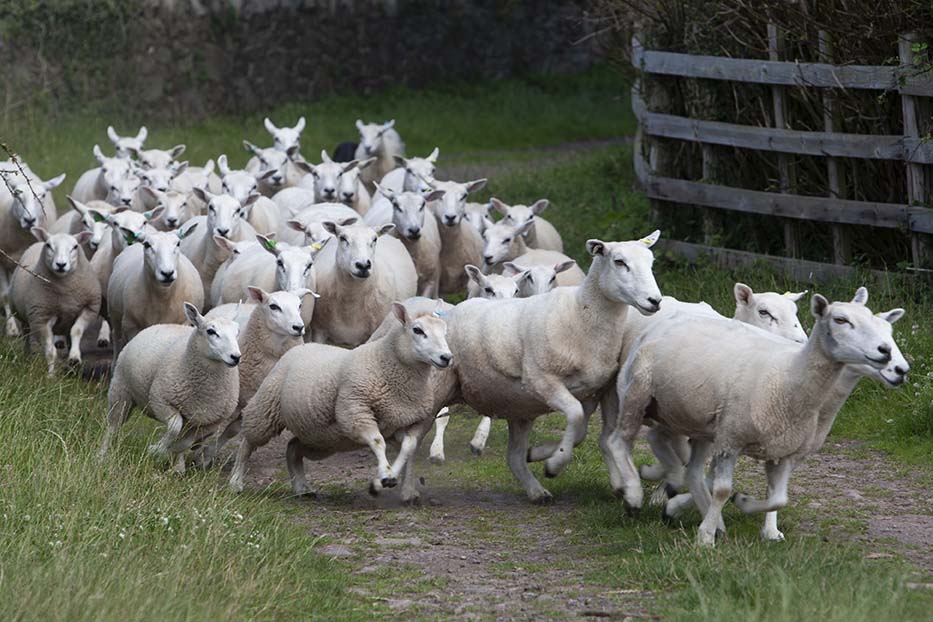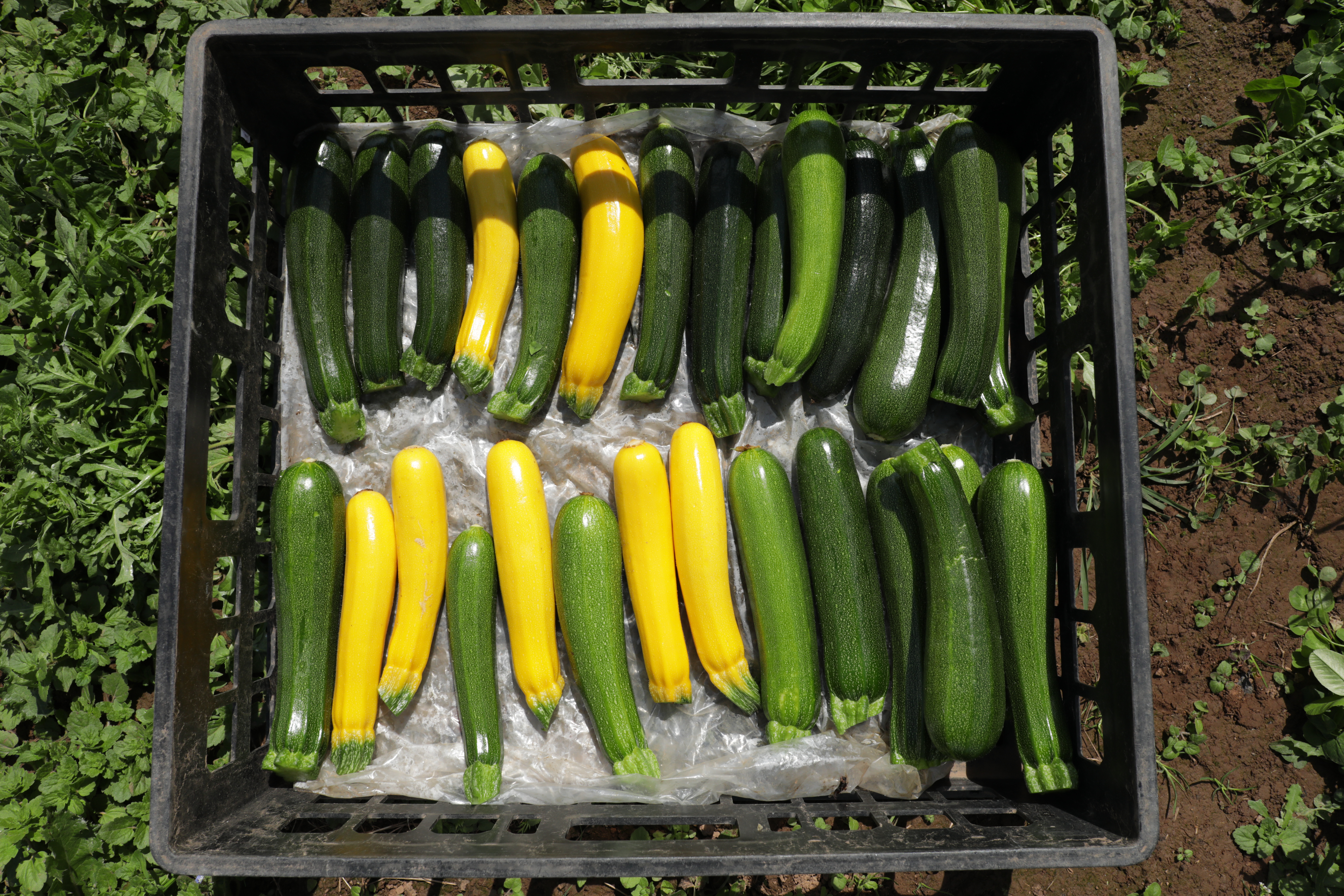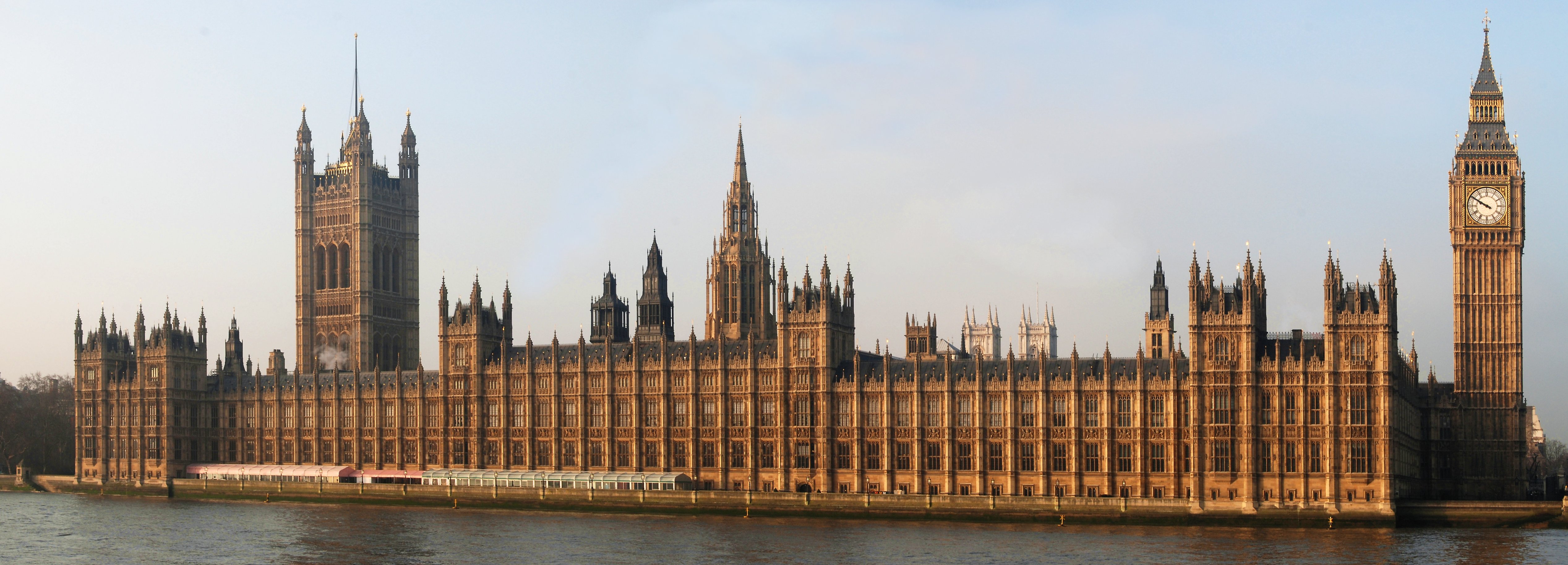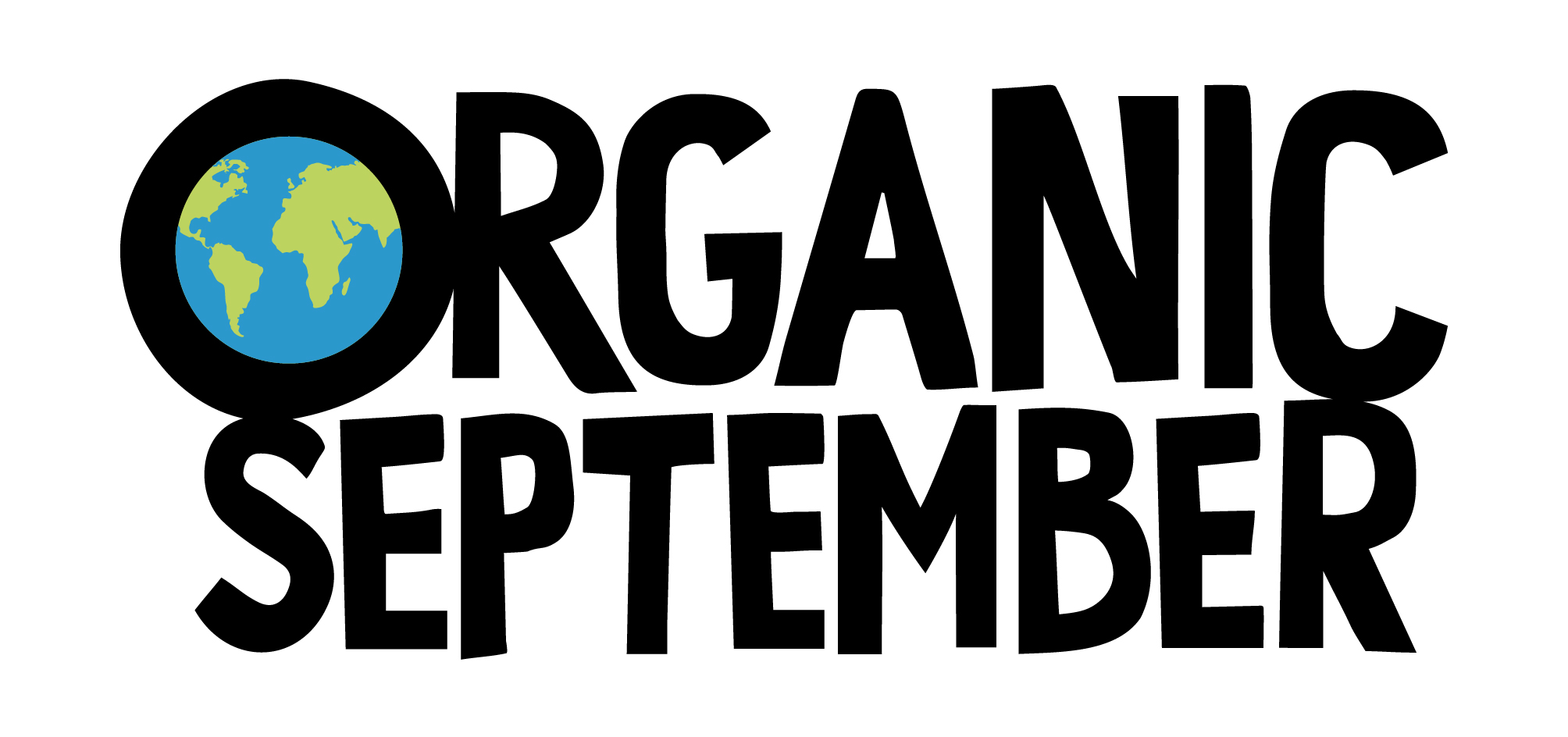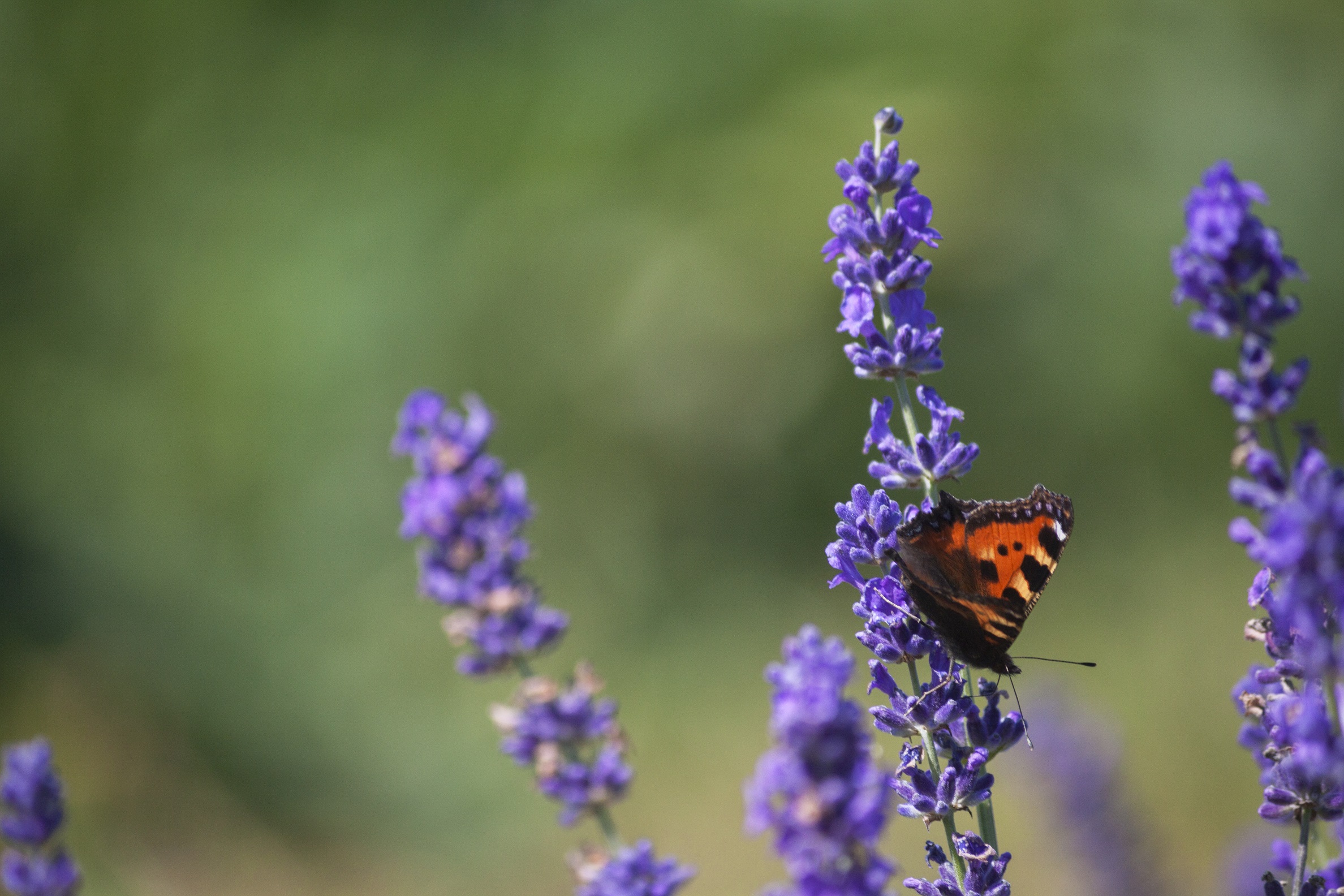
Together we can make a world of difference
By becoming a member you'll help us deliver campaigns that will transform the way we eat, farm and care for our natural world.

Tell the whole truth about ultra-processed foods
Tell UK government to resist the influence of the ultra-processed food industry and make minimally processed food accessible to all.

We can't do what we do without you
With your help, we are campaigning for change in the world. We're researching, developing and testing solutions to make that change possible.
-
![]()
Ending pollution from farming
Learn how intensive farming causes pollution, how we can end it and what you can do to help.
Read more![]()
Better rivers
How can we reduce pollution in our local rivers and waterways?
How can we reduce river pollution?![]()
Ultra-processed food
We want to see a reduction in ultra-processed foods, which have a significant impact on our health, on the climate and nature.
More about ultra-processed food![Shropshire Sheep]()
Shift to agroecological food production
We want the Government to commit to a ten-year transition to agroecology and sustainable diets.
Learn about agroecology![]()
Better food for all
Do you think good food for all, produced with care for the natural world, should be available to everyone? So do we.
Learn more about good food![]()
Genetic modification and gene editing
We want the Government to choose more economically and environmentally viable solutions, instead of GM's false promises and industry interests.
Learn about genetic modification![]()
Regenerative forestry
The future of forestry is one that delivers for climate, nature and people. Regenerative forestry means growing and changing the way our forests are managed to make them fit for the future.
Learn about regenerative forestry![]()
Reducing pesticides
The way we farm is damaging our climate, our wildlife, our soils and our health. We want the Government to support UK farmers to transition to whole farm agroecological systems.
Learn about reducing pesticides![]()
Government priorities
We're calling for our government to join the dots between the interconnected climate crisis, the nature crisis and the dietary health crisis.
Our asks for the Government![]()
Reversing climate change
Ignoring the contribution farming makes to greenhouse gas emissions is no longer an option, we need Government to step up and put climate change at the heart of policy.
Discover climate actions![]()
Risks from a UK-US trade deal
The preliminary steps towards a UK/US trade deal post-Brexit have already been taken. Find out what is at risk.
Learn the risks of a UK-US trade deal![]()
Championing agroforestry
Agroforestry helps tackle climate change and creates homes for wildlife. Find out how we’re working with farmers to achieve our goal of over half of UK farms having agroforestry systems in place by 2030.
Discover more about agroforestry![]()
Creating food security
We want the Government to invest in a more resilient food system, making healthy and sustainable diets the norm in schools, hospitals and other public settings.
Read about food security![]()
Reducing antibiotics in farming
Antibiotics are becoming less and less effective; and intensive farming is driving the problem. In response, we’re calling on the Government to ban routine use of antibiotics in healthy farm animals.
Read about antibiotics use in farming![]()
Protecting and celebrating trees
Our trees provide so much to us, yet we can do so much more for them. Trees and forests are at the heart of our work at the Soil Association.
Discover how we protect forests![]()
Supporting agritech
We celebrate and support technological advances in agriculture which can support a transition to agroecology in the UK for climate, nature and health.
Learn about how we support agritech![]()
Supporting UK fruit and veg production
Our food systems need a serious overhaul – including the way we grow, eat, and supply fruit and vegetables.
Read more -
![]()
Tell the whole truth about ultra-processed foods
Tell UK government to resist the influence of the ultra-processed food industry and make minimally processed food accessible to all.
Support our campaign today![]()
Save our soil
Healthy soils produce better food, support the environment and can even help reduce climate change. We want the Government to commit to saving our soils.
Discover why our soil needs saving![]()
Out to lunch
With the help of our 'secret diner' parents, we surveyed some of the UK's biggest and most popular visitor attractions on the food and service they are offering our children.
View the results![]()
Save UK fruit and veg
Fruit and vegetable production is in crisis. Help support UK fruit and veg growers today.
Save our fruit and veg![]()
Stop pesticides killing our bees
Find out about the problem with pesticides and how you can take action to save our bees.
Help us stop pesticides killing our bees![]()
Soil Association manifesto for food and farming
General election 2024: the next UK government must fix our food and farming systems
Read our manifesto![]()
Stop killing our rivers
Agriculture is the top cause of river pollution in the UK. We want the UK governments to say no to new intensive chicken farms.
Sign our petition![]()
Organic September
Organic September celebrates all the organic sector does for climate, nature, and health.
Learn about Organic September![]()
Stop poison poultry
Remove wildlife killing pesticides from UK supermarket soya supply chains.
Help us stop poison poultry![leopard]()
Time for peak poultry
We are calling for UK consumption of poultry to 'peak' within 12 months, and decline thereafter, to deliver on our climate and nature commitments.
Learn more about peak poultry![]()
A 'Green Brexit' for food and farming
What is a 'green Brexit' and why is it important?
Read our green Brexit report -






